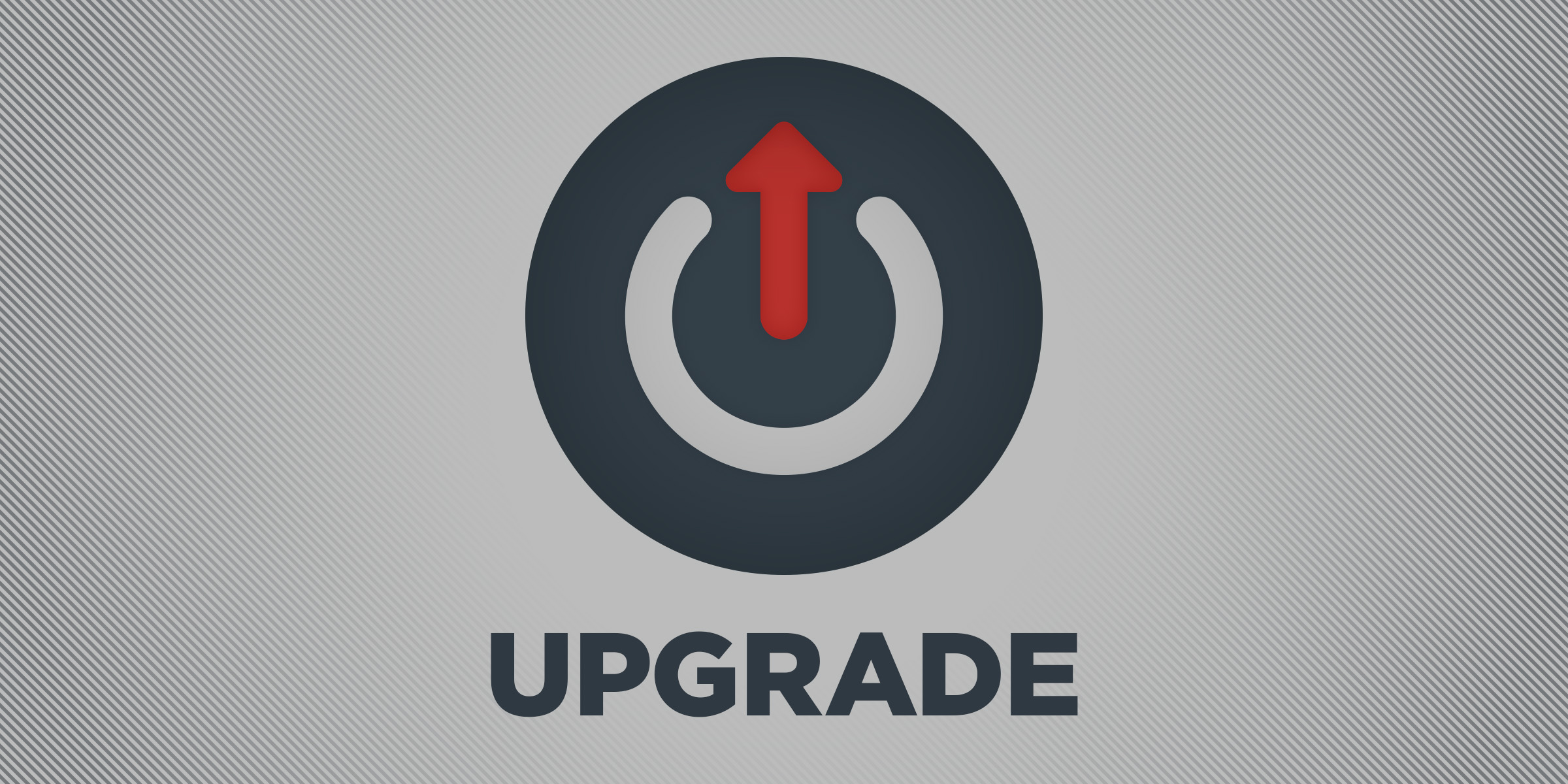
The allure of entrepreneurship is strong, and the potential rewards of owning a successful brokerage business-whether it's in real estate, finance, or even the exciting world of foreign exchange, where many consider the possibility of starting your forex brokerage-are undeniable. A brokerage, or broker, acts as an intermediary, or rather, a key link that connects buyers and sellers so that transactions can be completed. The desire to own a business is appealing, but to realize it requires a lot of hard work, planning, and execution, plus the know-how of the intricacies of the industry. This article looks at seven important factors that can assist in making the dream of starting a brokerage business a reality.
Seven factors of starting a brokerage business
1. Identify Your Market and Areas Of Specialization
Ask yourself: who is the buyer you want to sell to? What other hidden issues do they need help with? What type of solutions will you provide them? Will you be a full-service brokerage, providing comprehensive support, or a discount brokerage, focusing on streamlined, cost-effective transactions? Perhaps you'll operate primarily online, leveraging technology for efficiency. Your Unique Selling Proposition (USP) – what makes your brokerage stand out from the competition – will be crucial in attracting and retaining clients.
2. Know the Regulatory Guidelines
The environment of a brokerage business is one of the most regulated business settings. There is no option universe according to which a brokerage firm can do business without a license and compliance. Depending on your niche, it may be necessary for you to study certain regulatory bodies. In the United States, for instance, quite a number of financial brokerages are under the jurisdiction of FINRA and the SEC, while real estate brokerages are mostly regulated by specific state agencies.
Other legal obligations typical for financial services businesses are the provision of certain licenses, surety bonds, and adequate insurance coverage for compliance. Irrevocable damages or consequences that are usually accompanied by such incompetence are massive penalties, legal proceedings, or worse are shuttering the business.
3. A Business Plan Must Be Created
Comprehensive business plans, as they state, are written guides to ensure achievement of preset goals. They dynamically describe the expansive range of strategy and goals that an organization seeks to attain. A well-defined written outline capturing the relevant details needed to sell products or services, coupled with an executive summary explaining the concept alongside them, showcases the level of competitiveness any given market strives to accomplish. Your business plan should also include information about your management team and, critically, detailed financial projections. Accurate financial forecasting is essential for securing funding, managing your resources, and tracking your progress.
4. Secure Adequate Funding
Starting a brokerage business requires capital. You'll encounter various costs, including licensing fees, office space (if required), technology infrastructure, marketing expenses, and staff salaries. It's crucial to explore your funding options carefully. Personal savings may be a starting point, but you might also consider loans from the Small Business Administration (SBA) or traditional banks.
For some ventures, attracting investors, such as angel investors or venture capital firms, could be a viable path. Lines of credit can provide financial flexibility for ongoing operations. Regardless of the sources you pursue, create a realistic budget that accounts for both startup costs and ongoing expenses.
5. Build a Strong Team and Network
Your brokerage's success hinges on the people you surround yourself with. Hiring qualified and motivated staff is paramount. Consider the key roles you'll need to fill, such as licensed agents, administrative support personnel, and, depending on your industry, a compliance officer to ensure adherence to regulations.
6. Invest in Technology and Infrastructure
In today's fast-paced business environment, technology is not just an advantage; it's a necessity. Investing in the right technology and infrastructure can significantly impact your efficiency, productivity, and client satisfaction. Essential tools may include a robust Customer Relationship Management (CRM) system to manage client interactions, sophisticated trading platforms (for financial brokerages), efficient communication tools, and robust data security measures to protect sensitive information.
7. Focus on Marketing and Client Acquisition
A well-defined marketing strategy is crucial for attracting clients and driving growth. Explore a variety of marketing channels to reach your target audience. Online marketing tactics, such as search engine optimization (SEO), social media marketing, and content marketing, can be highly effective in the digital age. Don't overlook the value of traditional marketing methods, such as print advertising and networking events. Referral programs can also be a powerful way to generate new business.
Final Thoughts
Starting your own brokerage business is a challenging but potentially rewarding endeavor. By carefully considering these seven key factors-defining your niche, understanding the regulatory landscape, developing a robust business plan, securing adequate funding, building a strong team and network, investing in technology and infrastructure, and focusing on marketing and client acquisition-you can significantly increase your chances of success. While the path may be demanding, the rewards of building a thriving business and helping clients achieve their goals can make the journey worthwhile.
















